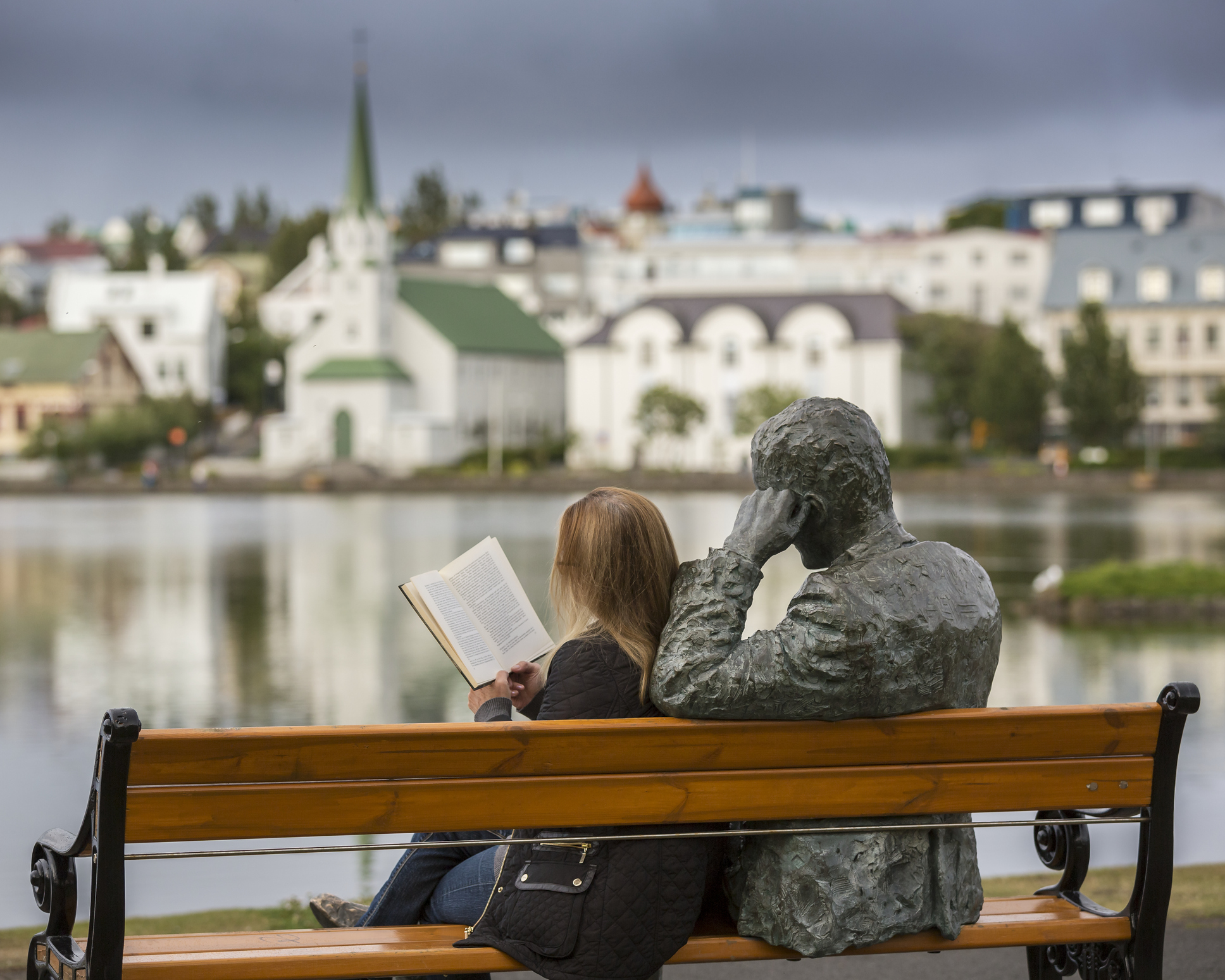The report is a comparative analysis of the adaptation policy landscape, including legislative framework, policy instruments and analytical approaches as well as financing mechanisms in the Nordic countries, with the aim of identifying differences, similarities, best practices as well as any key factors influencing the progress of national adaptation.
Based on document analysis and adaptation expert interviews, this report presents a mapping and comparison between the five Nordic countries and identifies the path forward for adaptation to not only be effective and viable but support sustainable societal development in the Nordic region and beyond.
The main findings of the report are the following:
- A lack of comprehensive systems for conducting risk and vulnerability assessments and for monitoring, reporting and evaluating progress means that the Nordic countries are largely operating “in the dark” when it comes to furthering climate change adaptation nationally and locally. This is especially the case with transboundary climate risks, which is a policy area of growing concern, but which currently lacks systematic policy initiatives.
- The Nordic countries generally integrate adaptation into the responsibilities of public bodies across societal sectors, with some countries having a ministry to coordinate adaptation efforts nationally. Yet, adaptation is marked by low political priority across all the Nordic countries, which shows both in the political mandate of the coordinating ministry as well as a low level of funding for adaptation, especially when seen in comparison with mitigation.
- There is a lack of policy instruments on adaptation across the Nordic countries, with a significant gap in economic measures to support and incentivize adaptation nationally and locally. While some funding and insurance schemes exist, these do little to incentivize proactive adaptation, especially for private sector and individual citizens. None of the Nordic countries have penalizing measures, such as taxes.
- There is a growing awareness among both public authorities and adaptation practitioners of the importance of ensuring that adaptation is coordinated with other related policy areas, such as mitigation, civil protection and the Sustainable Development Goals. Yet, in practice, adaptation is still largely worked with in isolation, which increases the risk of goal conflicts and misses the potential for synergy.
Based on these findings, the report offers the following policy recommendations for the Nordic governments:
- Reframe adaptation as transformation and support the alignment of adaptation with other societal goals
- Establish mechanisms for systematic knowledge generation and develop appropriate indicators for measuring and evaluating adaptation, including for transboundary climate risks
- Break down silo-structure between sectors and develop a clearly articulated policy cycle
- Enhance adaptation financing and economic incentive mechanisms and translate knowledge on risks and vulnerabilities to local adaptation measures
- Enhance the political mandate for adaptation and strengthen international commitments, including through Nordic collaboration
Along with a recently published report on transboundary climate risks in the Nordic countries (Berninger et al. 2022), the present report supports enhanced knowledge sharing and collaboration between the Nordic countries in terms of adaptation policy.
